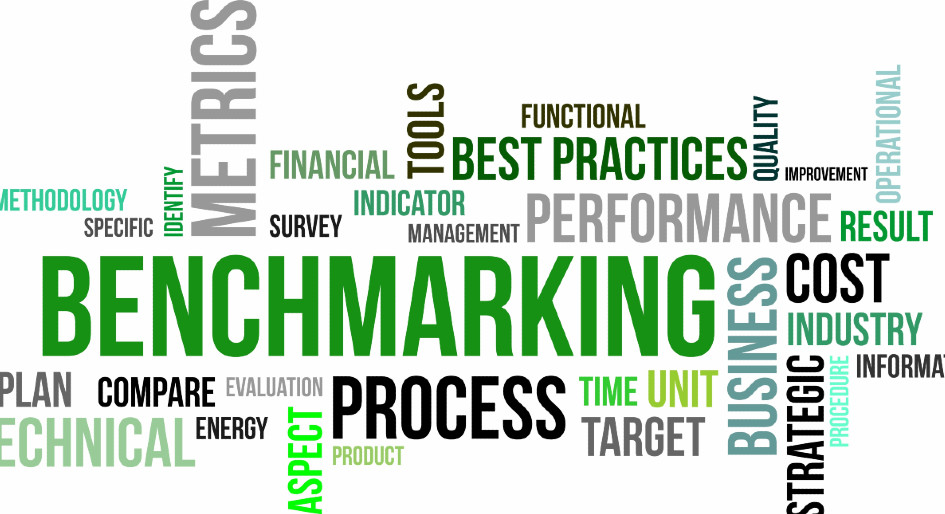Intensifying scrutiny of commercial real estate’s ESG (environmental, social, governance) credentials can be seen in the 58 per cent increase in Canadian uptake of the GRESB assessment and benchmark since 2019. This year, 41 private and listed portfolios undertook the rigorous reporting exercise — which tracks ESG intent, implementation and outcomes in 14 different categories and through more than 60 indicators — collectively pushing Canada’s score above the 73-point global average and once again surpassing the average collective score of their peers in the United States.
That’s particularly notable given the influx of 15 newcomers since pre-pandemic days. Dan Winters, GRESB head for the Americas, who summarized the 2021 results during an online presentation earlier this month, emphasized that scores typically improve as participants gain familiarity with the program, use it to identify where work is needed and build on what they’ve learned.
“It is a framework for best practices. Organizations often start in the teens (for scores). What’s bad is if they stay in the teens. What’s good is if those scores climb to the 30s and then the 50s and then the 60s,” he said. “All of the leaders in the 5-star range started off below 60, without a doubt.”
Heartening for GRESB administrators, the average score has recovered from last year’s downward dip following a realignment of the scoring system to place greater emphasis on performance outcomes such as energy-use and water-use intensity. Further adjustments are promised to respond to emerging priorities and/or harness data collection advancements to delve deeper and reach farther. For example, following a three-year pilot module, metrics related to climate change resilience have been refined and integrated into the assessment
“The benchmark will continue to evolve,” Winters advised. “It’s not moving the goal posts as much as it’s making progress and having the leaders pull the market along with them.”
This year, scores ranged from a high of 99.6 (out of 100) to a low of 8.8 across 1,520 participating entities. The top 20 per cent — denoted with a 5-star rating — achieved an average score of 90.65. At the 1-star level, the average score was 47.9, while the bottom quintile’s top score was 61.8.
Canadian participants account for less than 3 per cent of the entire GRESB database, but make up nearly 5 per cent of the 5-star cohort for 2021. That includes BentallGreenOak, Dream Unlimited Corp., GWL Realty Advisors and QuadReal Property Group each earning 5-star status for two separate property funds, along with single 5-star results for Cadillac Fairview Corporation, Crown Realty Partners, Ivanhoé Cambridge, KingSett Capital, LaSalle Investment Management, Menkes and RioCan REIT.
Six Canadian entities placed in the 4-star level, which posted an average score of 82.9. That includes two of Manulife Investment Management’s property funds, as well as Alberta Investment Management Corporation (AIMCo), Allied Properties REIT, First Capital REIT and Triovest Realty Advisors. Winters additionally revealed that three more Canadian entities were within one point of cracking the 4-star quintile, meaning that they achieved scores no lower than 78.4.
Globally, GRESB, which reorganized into a benefit corporation (B-corp) last year, now boasts more than 140 subscribing institutional investor members with full access to the data, and has registered a 25 per cent gain in reporting entities in each of the last two years. As of 2021, the GRESB data base covers more than 117,000 assets spread across 66 countries and collectively valued at USD $5.7 trillion.
Michael Brooks, chief executive officer of REALPAC, GRESB’s partner in Canada, links the circular momentum of GRESB’s investor and reporting bases to a confluence of financial, social and regulatory forces, environmental cataclysms and emerging priorities for equity, diversity and well-being within corporate culture. Beyond the already discernible synergies between sustainable performance and robust returns, institutional investors increasingly have commitments to achieve GHG-reduction targets and/or align with the UN sustainable development goals and they require standardized, verifiable evidence to support that.
Lenders are increasingly focused on physical and transitional climate risks and, in the European Union, they’re grappling with the Sustainable Finance Disclosure Regulation (SFDR). It’s believed to underlie much of the recent new GRESB participation in that region — where 784 real estate entities now bring 45,236 assets collectively valued at USD $1.35 trillion to the database — and Brooks predicts similar regulatory directives will be invoked in North America.
“ESG and sustainability drivers continue to grow, converge and accelerate faster than ever,” he observed. “With so much going on, it’s so important to have a program like GRESB where commercial real estate owners and participants can work on all of their ESG activities in a structured framework, and see their progress annually and see how they compare to their peers. It’s a good competition and it’s a benchmark.”









